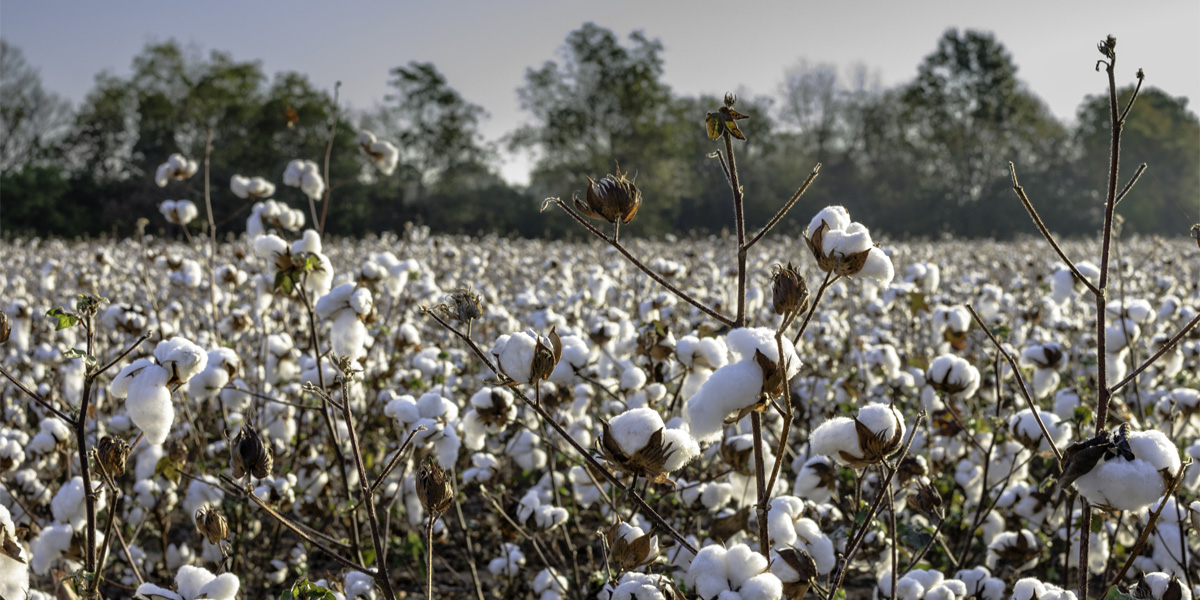Cotton growers in Nigeria are losing out on the rising demand for the commodity in the global market as lack of high quality seeds, access to extension services and low prices of the produce have been noted as the major setback over these years.
The market for cotton processing is estimated at USD 59.7 billion in 2018 and is projected to grow from 2018 to 2023, to reach $72.6 billion by 2023, according to the new market research report “Cotton Processing Market by Product and Region – Global Forecast to 2023”, published by
Markets and Markets.
The increase in demand in the textile industry, adoption of cottonseed meal as feed for ruminants, and the rising number of surgeries and operations have been propelling the consumption of cotton, leading to the rising demand for cotton processing globally.
Considering the arable fertile land Nigeria possesses, with the important use of cotton across the country and the world, coupled with states like Kaduna, Kastina, Zamfara, Sokoto, Ondo, Ogun, Oyo, Osun and others where cotton grows, farmers say Nigeria can achieve 60 to 70 per cent of what
America is getting today if government at various levels could provide improved seeds, fertilizer, modern equipment like tractors for clearing of land and give right supports.
Data from the National Bureau of Statistics (NBS) indicates that Nigeria N114.7 billion importing textiles and textile materials in the first nine months of 2018, compared to N3.0 billion earned from export in the same period.
This huge import revenue could have gone into the pocket of Nigerian farmers if the industry is revived.
Already, Nigeria is missing out among the selected 15 African countries on the share of cotton in product exports by the World Cotton Market on cottonguide.org, where Burkina Faso ranked number one along with Benin with exports of 71.5 per cent and 63.2 per cent while Mali, Zimbabwe and Togo possessed exports of 35.6 per cent, 12.4 per cent and 11.7 per cent respectively.
However, United Republic of Tanzania and Uganda recorded exports of 6.4 per cent and 5.7 per cent respectively while Cameroon and Zambia also accounted for exports of 5.6 per cent and 5.4 per cent respectively.
Meanwhile, Malawi, Sudan and Cote d’lvoire have exports of 3.8 per cent, 2.5 per cent and 2.2 per cent while Burundi, Ghana and Central African Republic possessed exports of 1.8 per cent, 0.8 per cent and 0.7 per cent respectively.
Speaking on this, Anibe Achimugu, president of National Cotton Association of Nigeria (NACOTAN) appealed to the Nigerian government to fund the Institute of Agricultural Research to ensure quality seeds for cotton production and textile industries.
Achimugu explained that that there was no way textile industries could be successfully revived without quality cotton production or quality seeds; hence the need to adequately fund the research institute.
He said that farmers in Nigeria were ready but needed to plant good seeds that would enhance cotton production for textile industries.
“During the recent retreat organised by the Ministry of Industry, Trade and Investment, we have been able to tell the government that we need funding.
“We also need structural funding but most importantly we need good policy to back it up.
“For instance, planting seeds; if we don’t have good seeds, the sector is dead on arrival.
“The government must make sure the institute of agricultural research, the only institute mandated to work on cotton in Nigeria is well funded to
 function well to produce good quality seeds for farmers,’’ Achimugu said.
function well to produce good quality seeds for farmers,’’ Achimugu said.

The president said that in spite that some efforts in the past to revive
the industry, did not yield desired results did not mean we should give
up.
Achimugu commended the present administration for its commitment in
ensuring that textile industries were revived to function again.
He said that the commitment of the two ministers in the Ministry of Industry, Trade and Investment to achieve desired result was unprecedented.
“We hope that this personal commitment by the ministers will materialise and turn into the sector’s benefit.
“We are aware that the Central Bank of Nigeria has also come up with certain intervention known as textile intervention fund to boost the sector,’’ Achimugu said.
Recall that the Ministry of Industry, Trade and Investment, recently organised a high-level stakeholders’ retreat on Cotton, Textiles and Garments (CTG)’s policy in Abuja for all the players to suggest the way forward.








